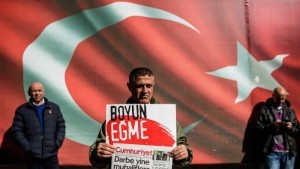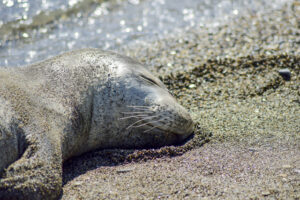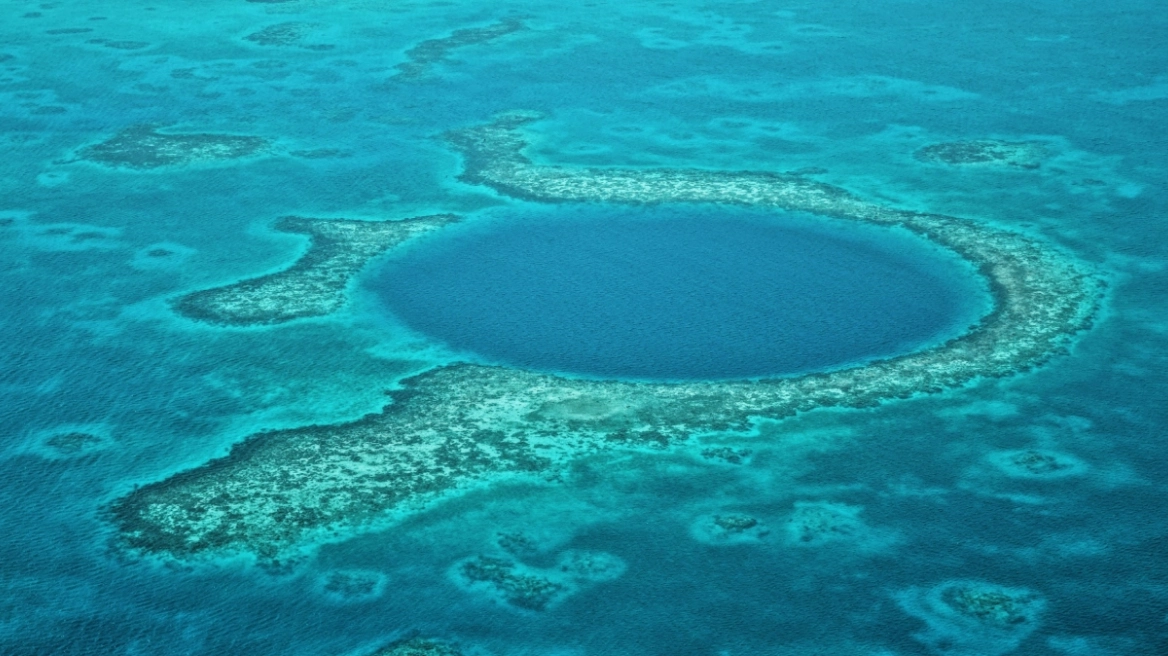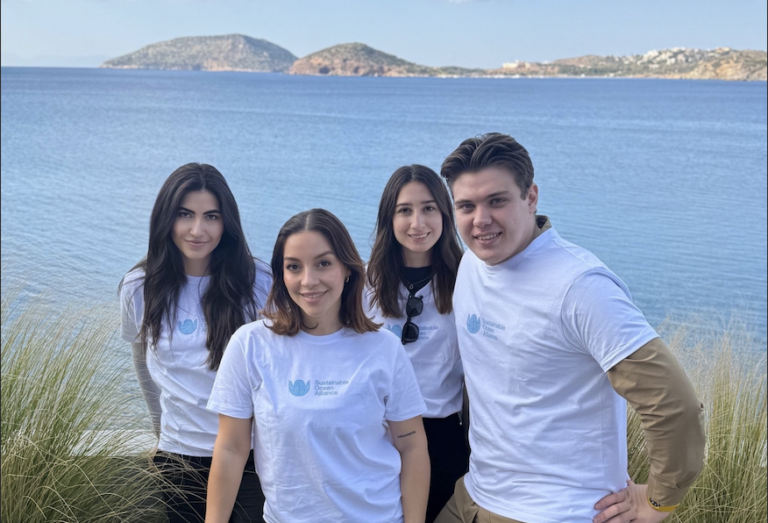For seven years, he was part of the morning routine in homes across Turkey. But last month, breakfast TV presenter Irfan Degirmenci told his 1.6m Twitter followers he would vote No in next month’s referendum on constitutional reform. Little more than 24 hours later, he was sacked.
His employer, Kanal D, said that he breached the political impartiality expected of presenters. Mr Degirmenci’s response is blunt. “That is a lie,” he said. “Unfortunately, under today’s conditions, being impartial means siding with those in power. You can be totally free to say ‘yes’ — but say ‘no’ and you end up in trouble.”
It is a common refrain that journalists in Turkey, a country with heavy handed legislation and media owners who have long used their outlets to promote their own interests, have never enjoyed full freedom.
But, with just three weeks until polling day, campaigners warn that a historic referendum is taking place in a stifling media environment, with the ruling Justice and Development party (AKP) enjoying much more favourable exposure than its rivals, some of whom are almost shut out of coverage.
If President Recep Tayyip Erdogan succeeds in the April 16 vote to abolish the role of prime minister and create an executive-style presidency, his critics say, the room to manoeuvre will shrink further still.
“Turkish media is crippled by censorship and self-censorship,” said Yasemin Congar, a journalist who is facing 52 years in prison on charges of obtaining, revealing and destroying state documents — an accusation that she denies.
“The closing down of newspapers and TV channels, the imprisonment and persecution of journalists, bans on websites and gag orders all contribute to a climate of fear and silence,” added Ms Congar, a co-founder of P24, an independent journalist platform. “Dissenting voices in the mainstream media are a precious few.”
Since last year’s coup attempt, Turkey has closed more than 150 news organisations. Most are linked to the movement led by Fethullah Gulen, a self-exiled opponent of Mr Erdogan the president blames for the putsch, but Kurdish outlets were also targeted.
More than 150 journalists are currently behind bars, including Deniz Yucel, a dual German-Turkish national and Istanbul correspondent for the German newspaper Die Welt.
Mr Erdogan said last week that all of those behind bars were “thieves, child abusers and terrorists”. His officials argue that many journalists facing charges were either directly connected to the Gulen movement or allowed themselves to be used by the group.
But it is hard to deny that the current climate favours the president, who is virtually omnipresent on television, the dominant source of news for Turkish audiences.
A recent analysis by the Unity for Democracy platform, which is campaigning for a “no” vote, monitored news bulletins on 17 channels over 10 days at the start of March. It found that Mr Erdogan’s AKP was given almost 5,000 minutes of airtime, compared to just 1,000 minutes for the opposition People’s Republican Party (CHP) and 33 minutes for the leftist, pro-Kurdish People’s Democratic Party (HDP).
The government also exercises considerable economic leverage over the sector.
Mr Degirmenci’s former channel, Kanal D, is part of the media empire founded by Aydin Dogan, an 80-year-old bête noire of Mr Erdogan. But while Mr Dogan’s flagship, the newspaper Hurriyet, has long been seen as one of the few remaining main outlets critical of the government, the group’s commercial interests — including energy and real estate — leave it vulnerable to political pressure.
In 2009, Mr Dogan’s group was levied a tax fine of about $2.5bn (later reduced significantly) and after a Hurriyet story angered Mr Erdogan last month the media mogul was summoned to appear in court on an accusation of fuel smuggling.
Journalists at Dogan Media Group complain that, since the AKP won a fresh majority in November 2015, its outlets have become increasingly pliant — and that the trend has accelerated as the referendum draws near. Last month, author and Nobel laureate Orhan Pamuk said Hurriyet withheld an interview with him in which he said he would be voting No.
One person at Dogan countered the company had to be careful, but remained balanced and denied that Mr Degirmenci would have avoided the sack if he had backed Yes in the referendum.
Other media outlets are far closer to the government, with owners who often depend on lucrative state contracts. According to a reporter who worked at such a newspaper until recently, the most common tactic is for such outlets simply to refuse to publish pieces critical of the government.
“After that happens two or three times you stop bothering with those stories,” the reporter said. “You self-censor.”
But the problems of such journalists pale in comparison with the dozens now imprisoned.
Those behind bars include staff from Taraf, Ms Congar’s former paper. Taraf opposed the Turkish military’s long history of meddling in democracy. But it also paved the way for show trials of hundreds of senior military officers by publishing sheaves of documents, many of which later turned out to be forged. It was closed down after last year’s coup.
Free speech campaigners argue that such titles were, at worst, guilty of questionable journalism. They add that many of the current prosecutions lack even the most basic due process. Ms Congar’s defenders say her indictment includes passages copied and pasted from entirely separate trials. In one instance, another journalist’s name was left instead of hers by mistake.
Ask me anything
Explore related questions





